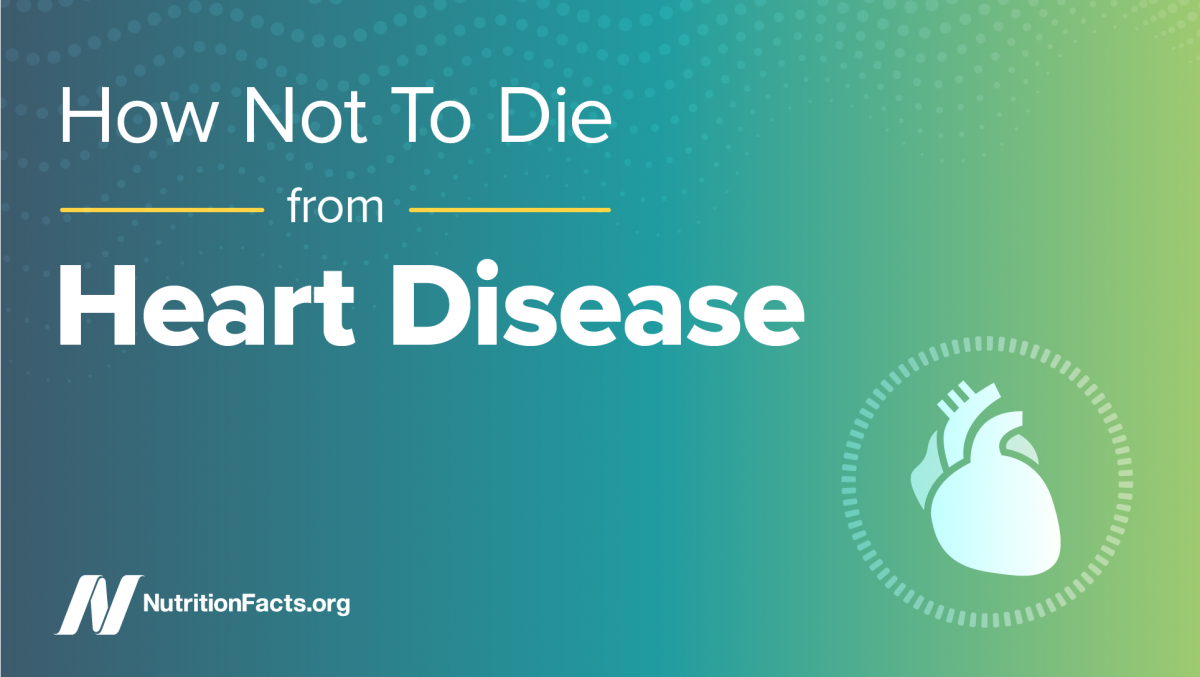
Introductory Videos
By the time I became a doctor, Dean Ornish, M.D., and his colleagues had shown, using the latest high-tech advances—cardiac PET scans, quantitative coronary arteriography, and radionuclide ventriculography—that the lowest-tech approach—diet and lifestyle—can undeniably reverse heart disease, our leading killer.
Dr. Ornish and his colleagues’ studies were published in some of the most prestigious medical journals in the world. Yet medical practice hardly changed. Why? Why were doctors still prescribing drugs and using Roto-Rooter-type procedures to just treat the symptoms of heart disease and to try to forestall what they chose to believe was the inevitable—an early death?
This was my wake-up call. I opened my eyes to the fact that there seemed to be other forces at work in medicine besides science. The U.S. health care system appears to run on a fee-for-service model in which doctors get paid for the pills and procedures they prescribe, rewarding quantity over quality. If doctors were instead paid for performance, there would be financial incentive to treat the lifestyle causes of disease.
During my medical training, I was offered countless steak dinners and fancy perks by Big Pharma representatives, but not once did I get a call from Big Broccoli. The same reason you’ll probably never see a commercial for sweet potatoes is the same reason breakthroughs on the power of foods to affect your health and longevity may never make it to the public: There’s little profit motive.
In medical school, there was no mention of using diet to treat chronic disease, let alone reverse it.
The question that haunted me during training was this: If the cure to our number-one killer could get lost down the rabbit hole, what else might be buried in the medical literature? I made it my life’s mission to find out.
My goal, and that of NutritionFacts.org, is to provide the latest in peer-reviewed, evidence-based nutrition and health research freely accessible and available to all. (Watch my behind the scenes video about this.)
Everything on this website is free for all, for all time. There are no ads, no corporate sponsorships. It’s just a labor of love.
The videos in this series introduce you to us and our work, as well as provide an overview of some of our leading diseases. For more on the diseases covered here, see their topic pages: cancer, diabetes, heart disease, high blood pressure, and kidney disease.
In health,

Popular Videos for Introductory Videos

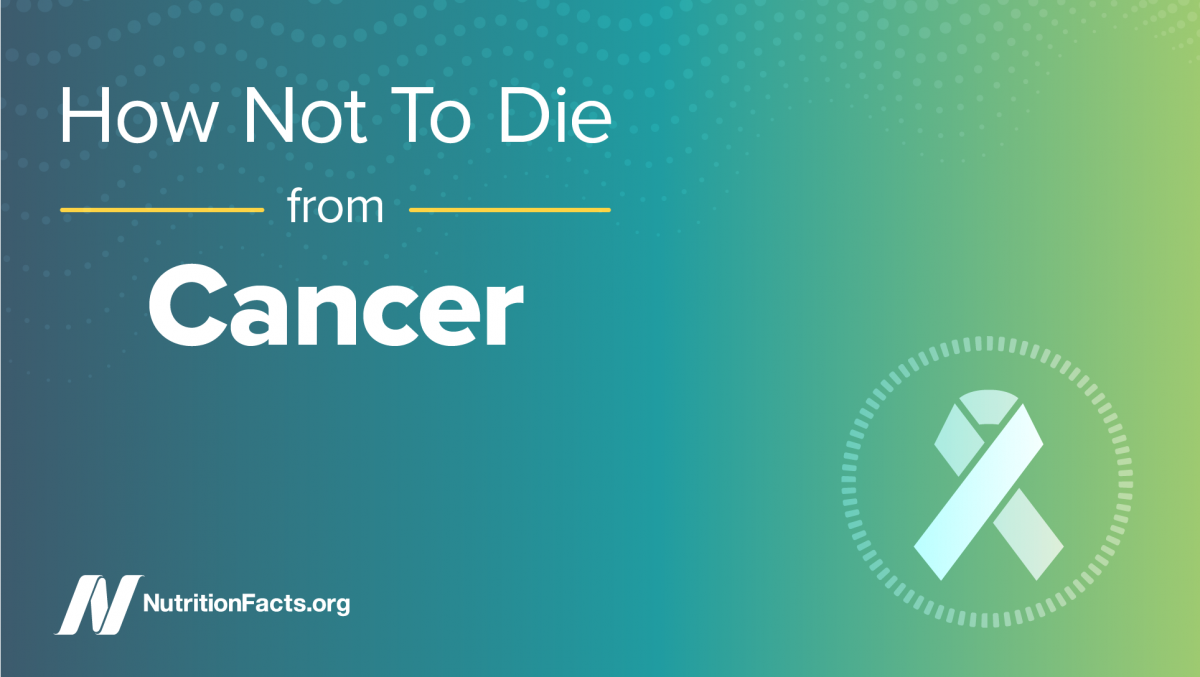
How Not to Die from Cancer
What happens when we put cancer on a plant-based diet?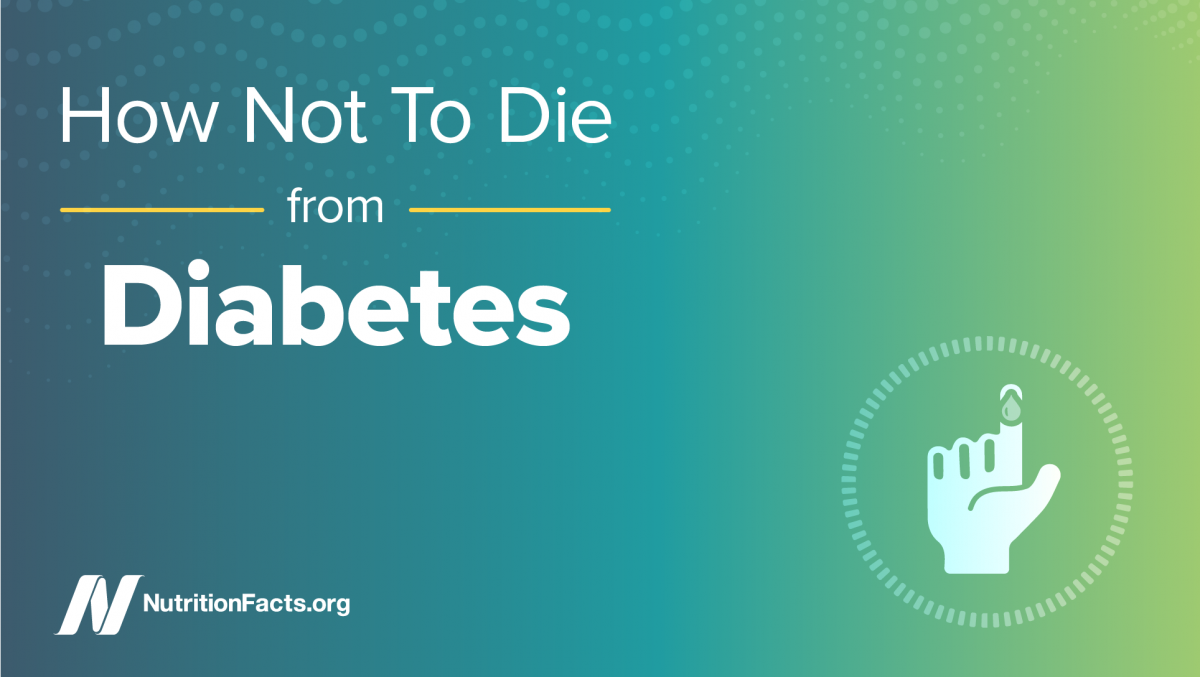
How Not to Die from Diabetes
Type 2 diabetes can be prevented, arrested, and even reversed with a healthy enough diet.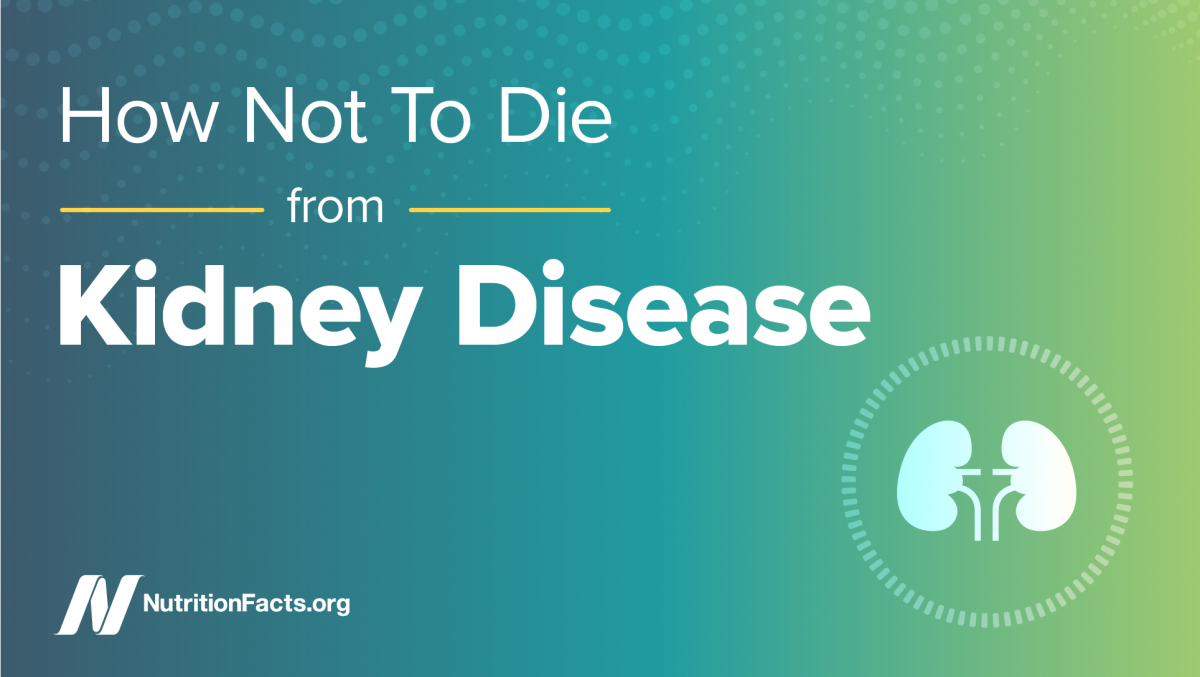
How Not to Die from Kidney Disease
What are the three significant dietary risk factors for declining kidney function?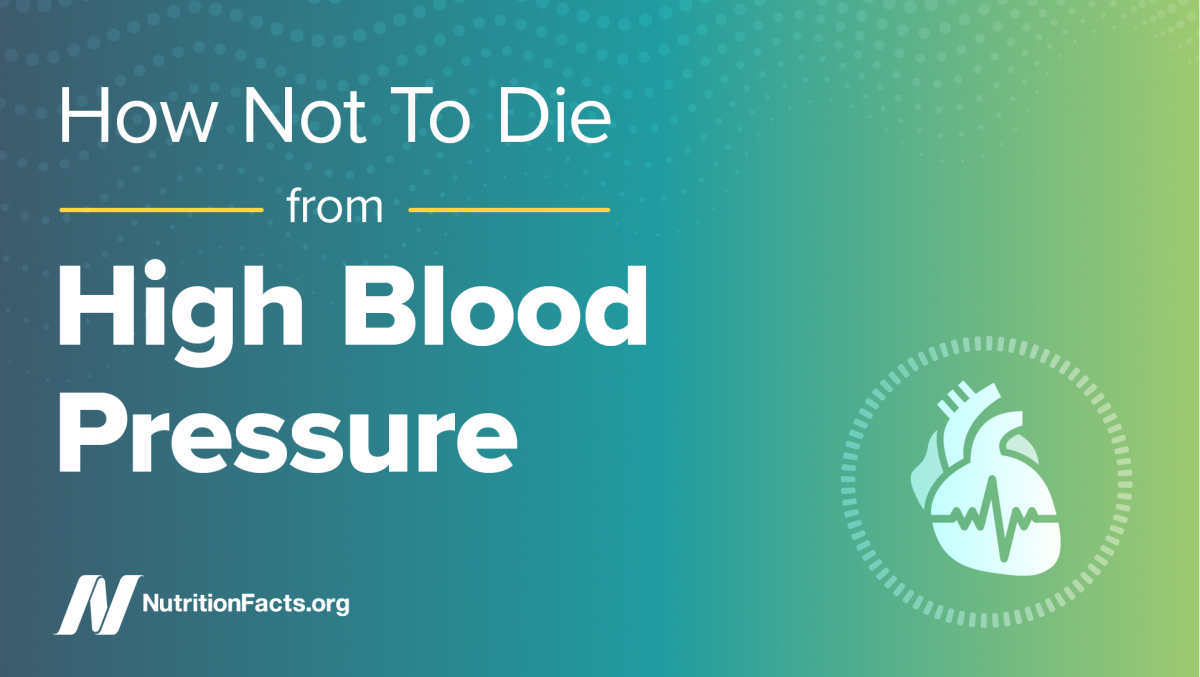
How Not to Die from High Blood Pressure
How might we prevent and reverse hypertension, the number-one risk factor for death in the...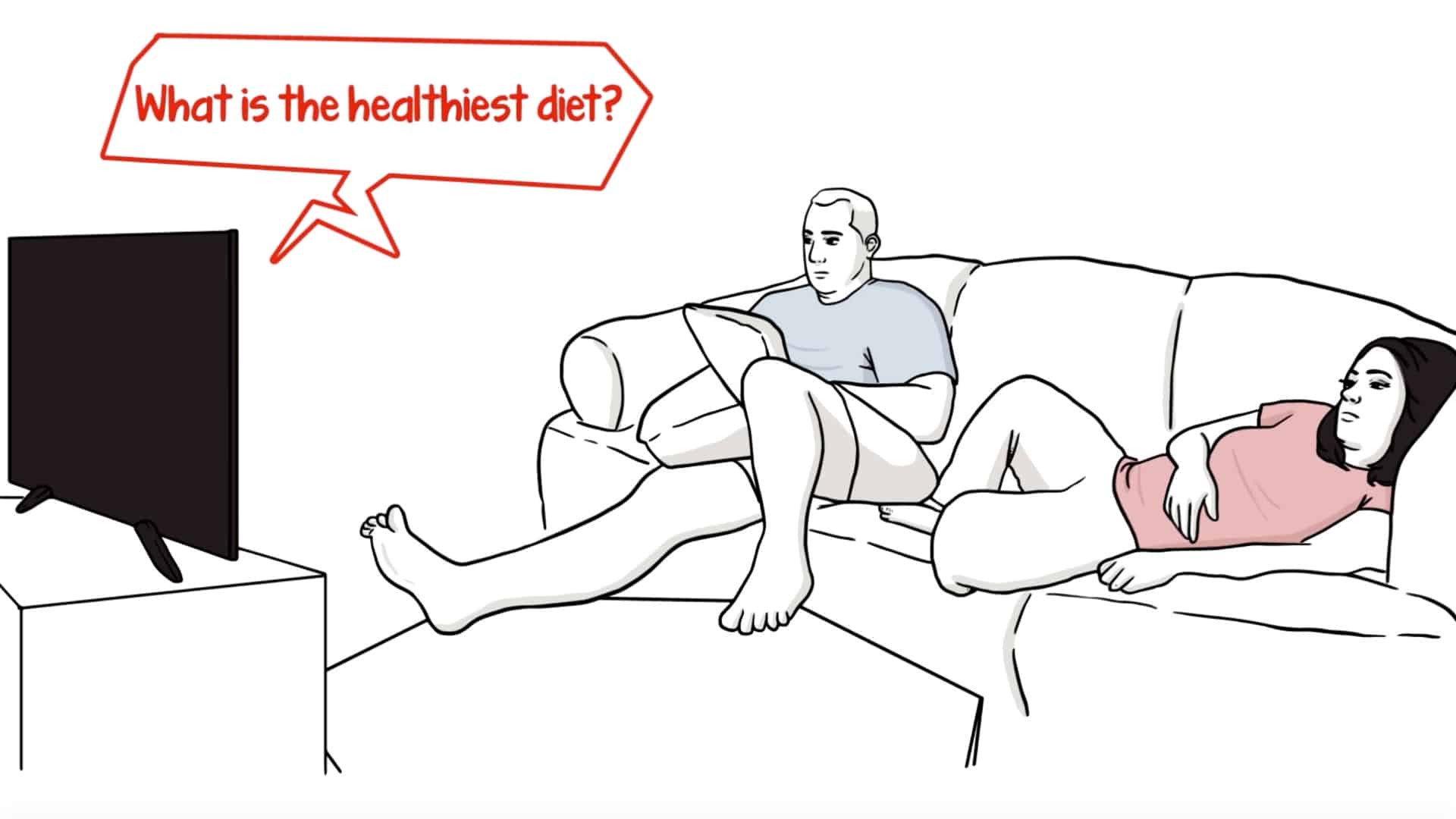
What Is the Healthiest Diet?
What is the baggage that comes along with the nutrients in your food?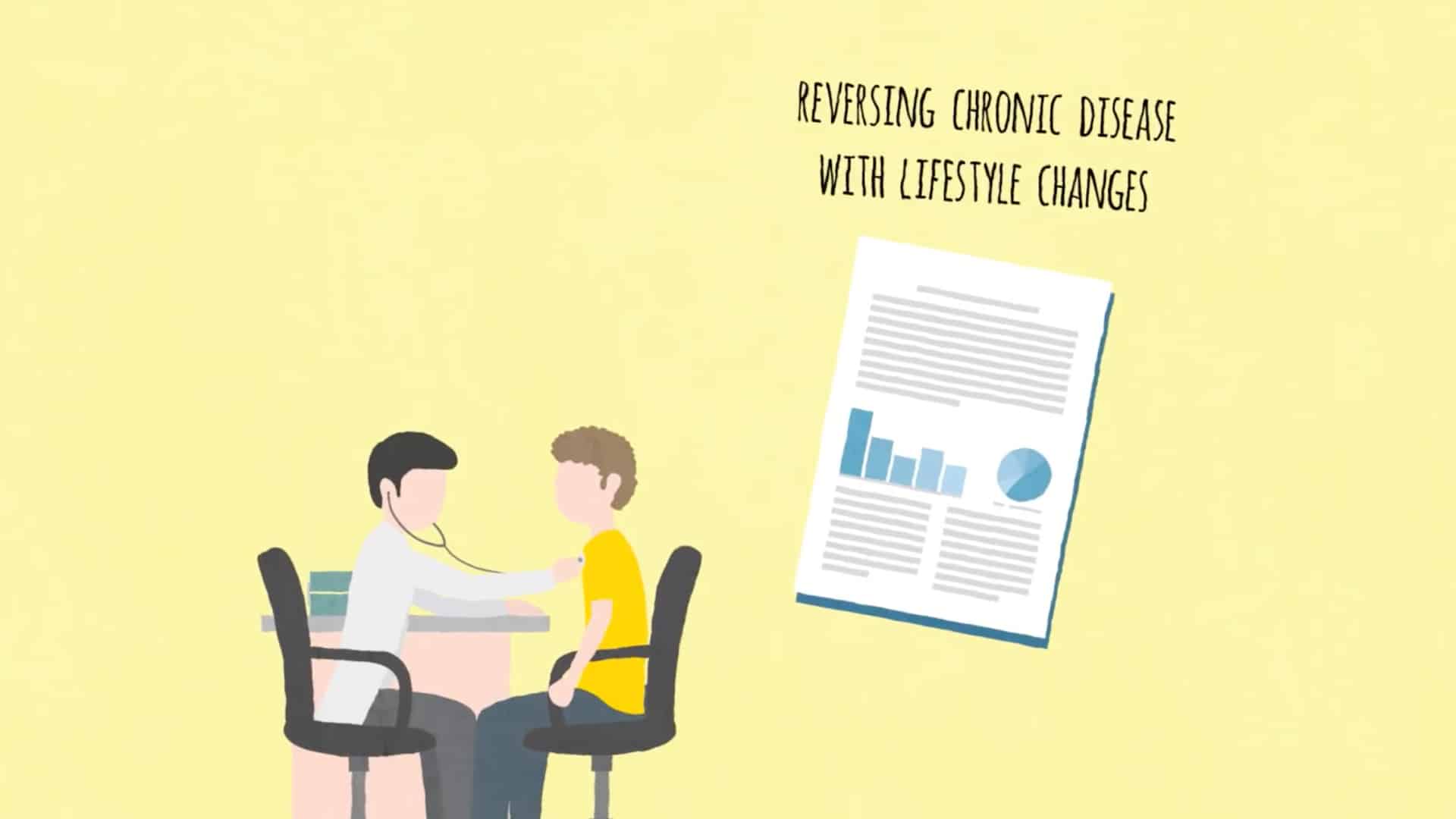
How Not to Die: An Animated Summary
We have tremendous power over our health destiny and longevity.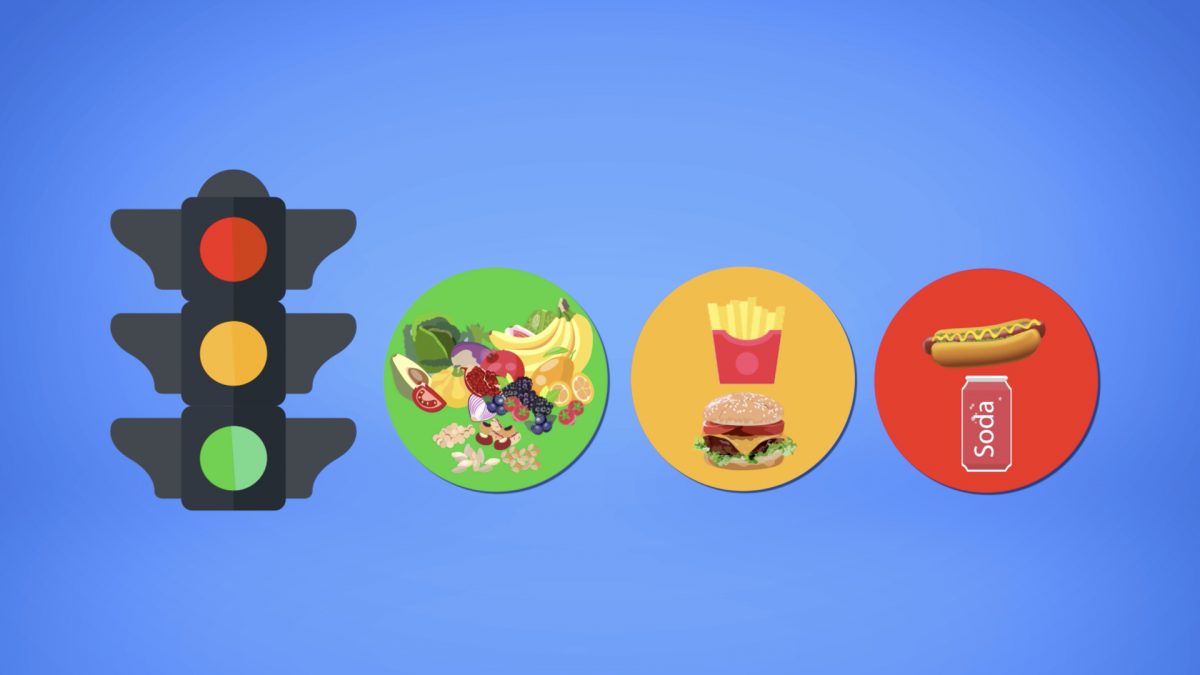
Dining by Traffic Light: Green Is for Go, Red Is for Stop
In this video, I explain my traffic light system for ranking the relative healthfulness of...
Dr. Greger’s Daily Dozen Checklist
In my book How Not to Die, I center my recommendations around a Daily Dozen...
What Are the Best Foods?
A review of reviews on the health effects of animal foods versus plant foods.All Videos for Introductory Videos
-

Dr. Greger’s Daily Dozen Checklist
In my book How Not to Die, I center my recommendations around a Daily Dozen checklist of all the things I try to fit into my daily routine.
-

How Not to Die: An Animated Summary
We have tremendous power over our health destiny and longevity.
-

What Is the Healthiest Diet?
What is the baggage that comes along with the nutrients in your food?
-

How Not to Die from High Blood Pressure
How might we prevent and reverse hypertension, the number-one risk factor for death in the world?
-

How Not to Die from Kidney Disease
What are the three significant dietary risk factors for declining kidney function?
-

How Not to Die from Diabetes
Type 2 diabetes can be prevented, arrested, and even reversed with a healthy enough diet.
-

How Not to Die from Cancer
What happens when we put cancer on a plant-based diet?
-

How Not to Die from Heart Disease
Lifestyle approaches aren’t only safer and cheaper—they can work better, because they let us treat the actual cause of the disease.